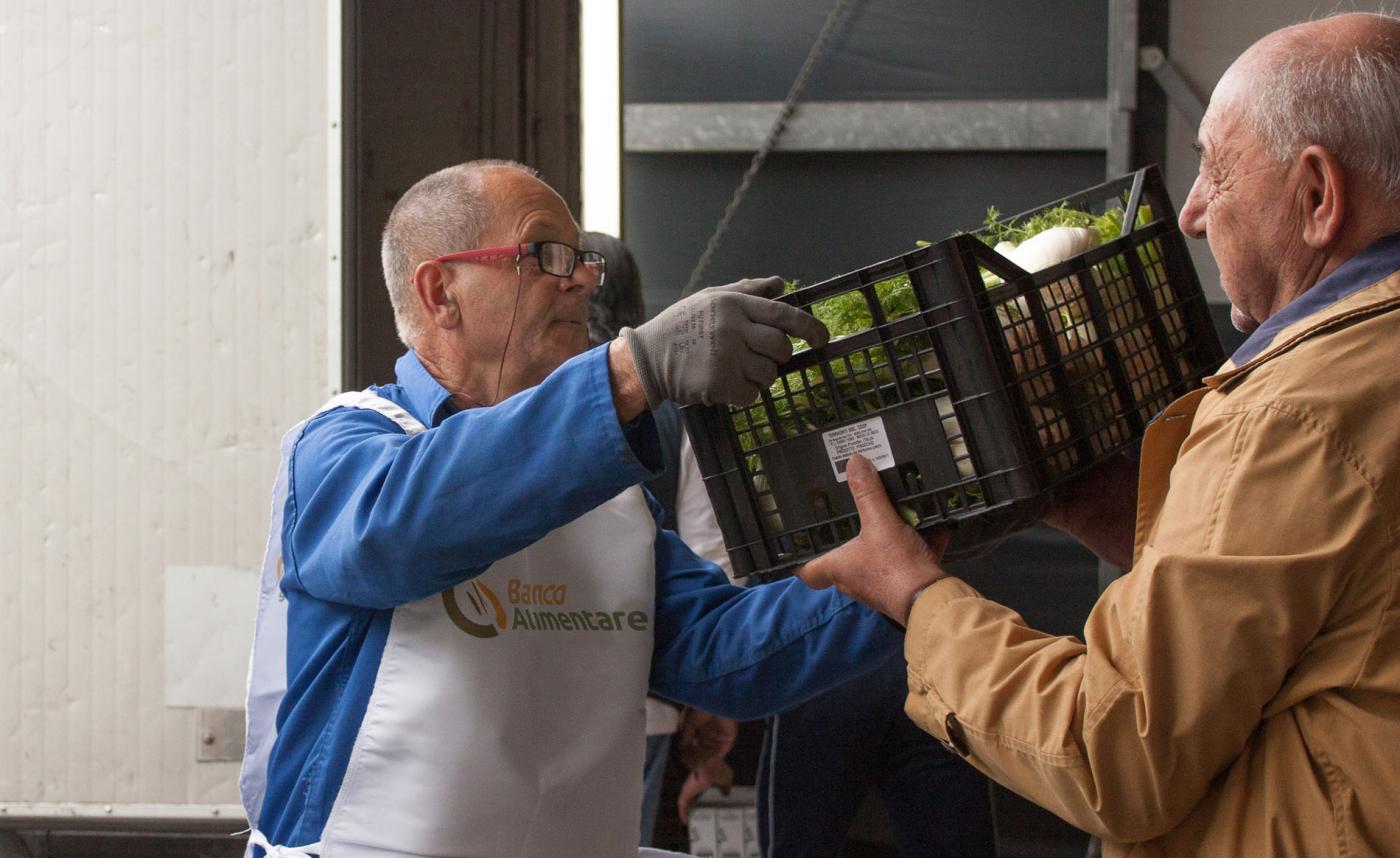A new starting point for recovering surplus food

Law No 166/2016,[1] known as "Legge Gadda", officially entered into force on 14/09/2016 in Italy. Besides being unique on the world stage, it has opened a period of great commitment and a new operational challenge to prevent food waste. We can assert that this law, which was drafted with the valuable contribution of non-profit associations – among which Banco Alimentare –, the food supply chain, and four Ministries (Agricultural, Food and Forestry Policies; Economy and Finance; Health; and Environment), includes some important trends: a clarification of the MDD (Minimum Durability Date, the famous “best before” date), a more favourable communication practice for food donations, and in general incentives and recommendations for donating surplus food while reorganizing the existing legislation in our country. Moreover, the law encourages municipalities to reduce waste taxes to companies donating their surplus food for charitable purposes, and it provides for educational and awareness campaigns about food donation broadcasted by the national TV.
So have we solved the problem of food waste in Italy? Certainly not, but we have laid a precise and solid foundation for recovering surplus food, clearly redistributing what "is left" for human nourishment in favour of those who are in need.
Now it's up to food and drink manufacturers, retailers and wholesalers, and food service companies to accept this challenge and opportunity. They must put in place the minimal practical steps and procedures for recovering production scraps, safe unsold food products, left-over stock or surplus food close to the expiry date, etc. We can fight food waste only by actively and daily dealing with the production processes.
Even Banco Alimentare and the other charitable organizations fighting against hunger are working to meet the challenges ahead and to adjust their resources in order to be able to handle the significant increase of tons of surplus food. Now is not the time to meet precise estimates, but we definitely have the chance to double what we are currently recovering. This objective implies having more volunteers, more economic resources for transports and warehouses, more competences and organizational skills.
We shall also have to increase the efficiency and safety of the processes of food recovery and redistribution, especially as regards fresh food, which is an essential element of a healthy and balanced diet. In this context, we can consider the drafting and the adoption of the "Manual of Good Practices For charitable organizations” by Banco Alimentare and Caritas Italiana as an instrument that establishes and defines the good hygiene practices – many of which are already implemented – with the aim of consolidating food recovery, storage and redistribution for charitable purposes.
It is evident to anybody that it is possible to face the big challenge of tackling food waste and food insecurity and to reach successful results only through a cooperative hard-working research of new food sources, and an efficient operation which is both respectful of the quality and safety of the food and of the skills of the people who donate it, and especially of the dignity of those who receive it.
Andrea Giussani
President, Fondazione Banco Alimentare Onlus
[1] Law No 166/2016 of 19 August 2016, Provisions concerning the donation and distribution of food and pharmaceutical products for purposes of social solidarity and to limit waste, Official Journal No 202 of 30 August 2016.